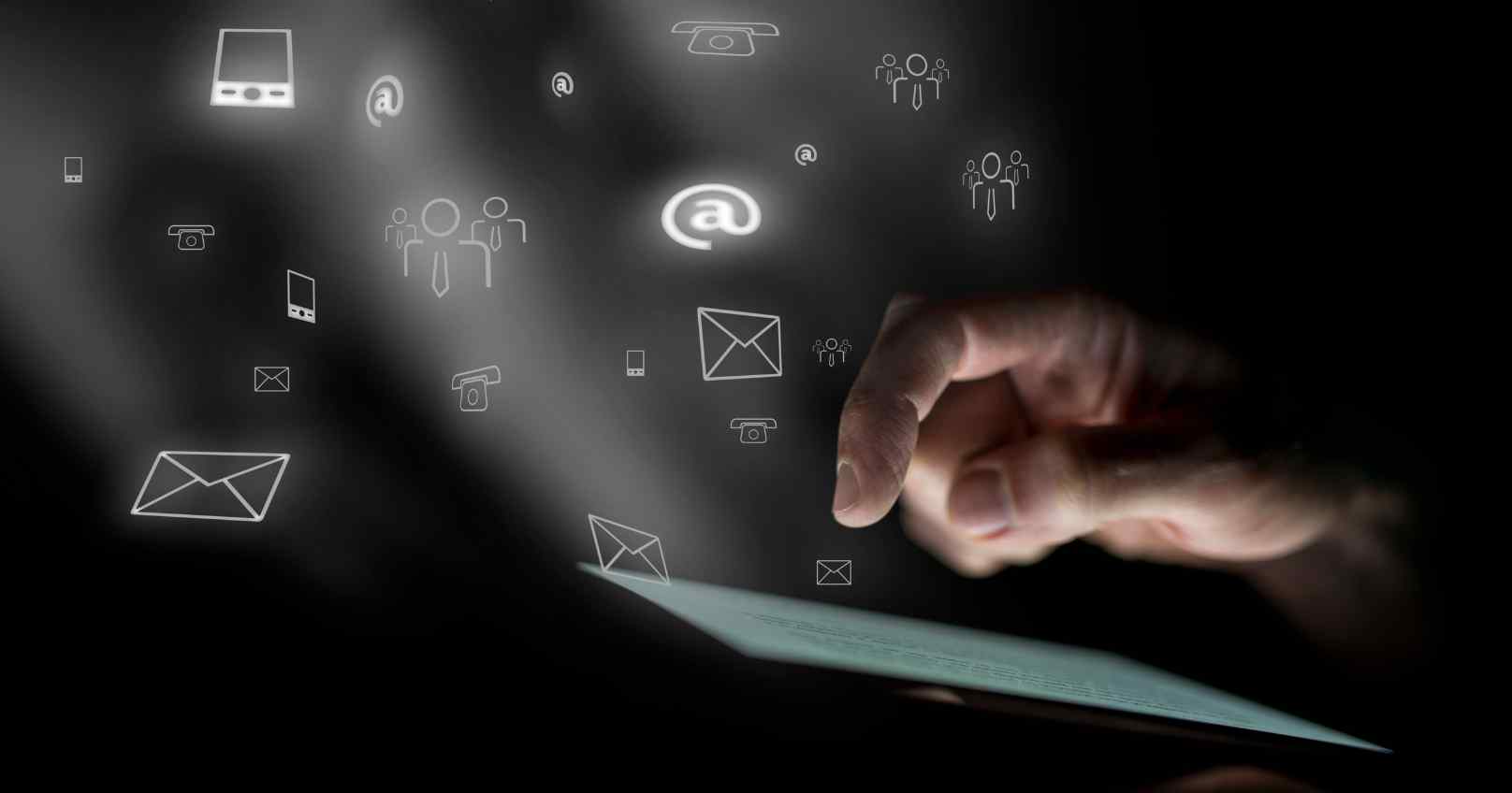Artificial Intelligence and Law
Unlocking the potential of artificial intelligence in the legal sphere
07-05-2024Unlocking the potential of artificial intelligence in the legal sphere
07-05-2024Introduction
Artificial Intelligence (AI) is a replica of human brain which is processed by machines mainly computers. Artificial intelligence is an intelligence which is exhibited by machines as against natural intelligence exhibited by natural persons or animals. It is such a science or mechanism which has an ability to perform cognitive tasks of human beings. The application of AI such as advanced web search engines, automatic suggestion systems, etc. which can be widely traced on various online apps like You Tube, Amazon, Netflix; recognition of human voice (Siri or Alexa); introduction of automatic cars like Tesla and various high level of video games.
The utilization of artificial intelligence (AI) in legal setting is still budding and is slowly being adopted by many countries, law firms and judiciaries. It offers cost efficient solutions to lawyers by identifying legal infirmities in judicial pronouncements, aiding in drafting contractual documents, legal analysis, etc. It can also act as a medium in mitigating the burden of judiciary especially in cases which involves inferior offences and typical cases to be left for decision by human judges.
AI and Legal Issues
1. Intellectual Property Rights - If the work is created by using AI, then the major question raises that whether that work is eligible for copyright, if yes, then who is entitled to get the copyright the programmer, the AI or the person who is behind such creation, but the law is silent on the same.
2. Data Security and Privacy - The use of AI majorly concerns with the privacy of an individual especially where AI uses the private data of an individual without explicit consent. Therefore, there is a need for stringent data protection laws and regulations.
3. Liability - One of the important questions which need to be addressed is the liability i.e. who stands liable for the actions or decisions taken by AI?
4. Transparency - Legal command to AI systems need to be transparent and explainable behind all actions or decisions taken by AI especially in finance or healthcare sectors. Laws must be framed by keeping this important factor in mind.
5. Exploitation of AI - Due to ambiguous laws and stand on this point the generative AI can be used to exploit data, malware, scams, for phishing attacks etc. For ex, ChatGPT, Bing AI, Google Bard, etc. can work with these bots to create fake information and deceive readers.
6. Insurance - Companies or associations should obtain proper insurance to take up liability claims on different legal domains.
AI and Cyber Security
Artificial intelligence (AI) and machine learning is like an asset to information security as they have the ability of quickly analysing the millions of data sets and tracing wide range of cyber threats from malwares which might result into phishing attack. AI is one of the best solutions for combatting cyber-attacks.
Current Position in India and Need for Regulation
Currently, India does not have any different or particular laws for the data protection but private information is protected under the provisions of The Information & Technology Act, 2000 especially sections 43A and 72A. It provides for right to compensation for improper disclosure private information. In 2017, Apex Court made right to privacy a fundamental right under Article 21 of the Constitution of India.
AI has the probability of putting in 957 US billion dollars which will be approx. 15% of India’s recent gross value in 2035. In 2018, Niti Aayog (Policy Commission) started many programs on the usage of AI.
By the growth of AI, the number of crimes using AI by the perpetrators is also increasing widely. For example, infringing data privacy, cyber-attacks, making deep fakes, fake news, manipulation with bank accounts, etc. But we don’t have proper regulations for deciding the liability in such case. Therefore, there is an urgent need to frame proper laws and regulate the application of AI in various sectors.
Artificial Intelligence in Legal Sector
The evolution of AI paves a way for lawyers and advocate to ameliorate their skills, mitigate costs and give priority to more typical work. AI can assist lawyers in drafting, contract, legal review, research and data analysis.
The Supreme Court is also using AI empowered tools which are designed to undertake information and render it to judges for their adjudication since 2021. It does not take part in the adjudication procedure. The Apex Court uses Supreme Court Vidhik Anuvaad Software (SUVAS) that translates legal papers from English to vernacular languages and the other way around.
In Jaswinder Singh v. State of Punjab, the Punjab and Haryana High Court rejected a bail petition because of allegations from the prosecution that the petitioner was involved in a brutal fatal assault. The presiding judge requested input from ChatGPT to gain a wider perspective on the granting of bail when cruelty is involved. However, it is important to note that this reference to ChatGPT does not express an opinion on the case's merits, and the trial court will not consider these comments. The reference was solely intended to provide a broader understanding of bail jurisprudence when cruelty is a factor.
Currently, the Chief Justice of India DY Chandrachud has laid emphasis on the use of AI by stating that it has the ability to mark the next perimeter of innovation and has the transformative potential to accelerate and simplify justice delivery system. He has also alerted against AI’s extensive use and standard challenges. He further stated- “AI represents the next frontier of innovation, promising to revolutionise various domains with its ability to analyse vast amounts of data, recognize patterns, and make decisions with increasing autonomy”.
By introducing AI supporting tools, court can simplify administrative procedure, mitigate paperwork hasten the process of adjudication of legal disputes. It will not only preserve time and resources but will also boost access to justice by mitigating delays and pendency in the justice system, CJI highlighted.
Conclusion
Artificial intelligence is that fragment of the modern-day technology which has the ability to perform the tasks which only humans can do and in more efficient manner. AI possess a great potential to do various tasks in a time efficient manner. In the legal sector AI has a great potential to revolutionize the manner in which legal professionals work from strengthening the legal research, analysing cases to refining the court proceedings.


Litigation Before Adjudication-A Long Due Legal Mandate
Read More
As AI-generated art gains popularity, especially through tools that mimic Studio Ghibli’s iconic s
Read More
India’s fintech Self-Regulatory Organisations (SROs) are being reimagined as key policy influencer
Read More